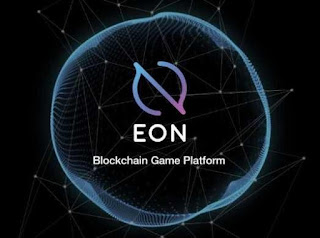PNGME - Revolution in the MSME Sector.
MSME stands for Micro, small and medium Enterprises. The definition of the term is dependent on the country in which it is being operated. However, MSME is defined by number of employees, sales turnover and the asset size. These form the core components which define the grounds upon which enterprises are regarded as micro, medium or small scale. The relationship between income data and the population size of a country is considered key when attempting to define what MSME represents in such country. This does not in any way, signify a relationship between income level and the number of definitions such country has but helps to ascertain the varying degree of definition.
Since definition is diversified, MSME is characterized by ascertaining the country specific issues and regional consideration. Some countries have their definitions backed up by policies and laws which aim to strengthen the legal and contractual status of MSMEs. We can therefore deduce, that this term is used to refer to businesses whose number of employees ranges between 10, 250 and up to 500, depending on the country in which such businesses are operated. These entities are defined majorly by the terms of their investment. They are involved in manufacturing and processing or preservation of goods and services as at stipulated by the requirements of the country they operate in. Typically, MSMEs provide employment opportunities for a large population of unskilled and semi-skilled labor. They provide support to larger industries by increasing export, providing raw materials, finished components and basic goods. Distinctively, MSMEs form a vital core of the national economy in the country where they are operated. In the manufacturing sector, they are classified according to their investment in plants and machineries. In the service sector, their classification comes from investment in equipment.
In developing countries, MSMEs plays a very important role in contributing to the well-being of such economy. They enjoy tax exemption and financial support from the state or country in which they are operated. Other times, they enjoy swift loan facilities from banks with low interest rates. MSME are also provided training facilities by the government and the government also serves as a marketing tool for local goods in the international scene thereby enhancing exportation. They are also provided with hire-purchase machineries to allow them produce at maximum speed and meet up targeted output. In cases of non payment of loan during stipulated timeframe, there is an extension period given to MSME by both banks and government. They also enjoy the benefit of having developed sites for warehouse construction and an industrial support and extension service. MSMEs operate with the aim of providing employment opportunities for the unskilled and semiskilled percentage of the population, on the backbone of certain incentives provided by the government and/or other financial institutions. This aid enables them to facilitate production and goods distribution with efficiency and at low expenditure rate.
In conclusion, with all the pros and cons listed about MSME globally, pngme has taken a crucial step in working on a solution for the cons in the msme sector and improving on the pros for the betterment of all msme business owners.
Get yourself updated on the latest happenings on the pngme ecosystem via:
Whitepaper: https://docsend.com/view/x4ts5tm
Telegram Chat: https://t.me/pngmecommunity
Twitter: https://twitter.com/pngmemobile
Facebook: https://www.facebook.com/pngme
Instagram: https://www.instagram.com/
Author Username: Ucheman
Bitcointalk Profile: https://bitcointalk.org/index.php?action=profile;u=2528525






Comments
Post a Comment